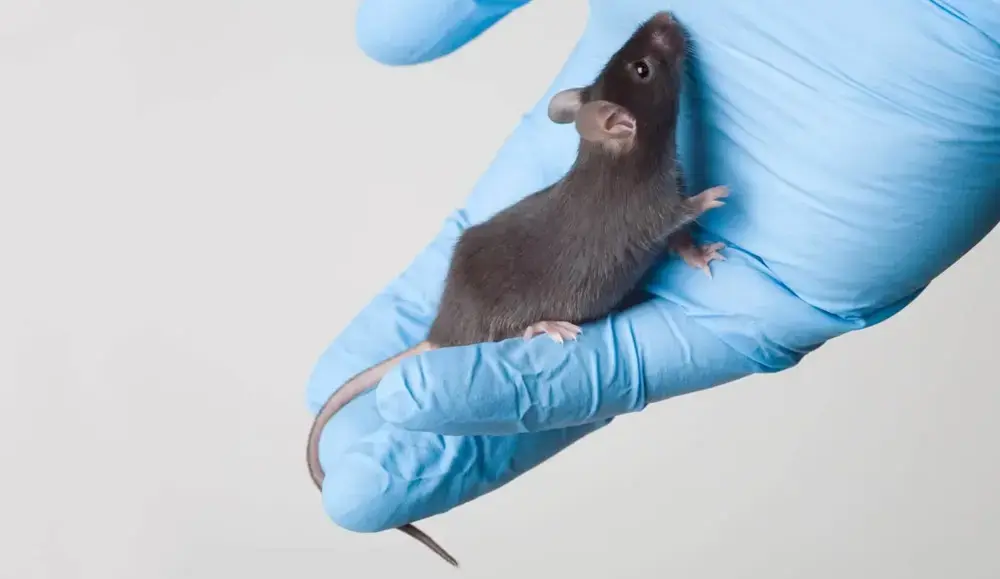Doctors suggest new pills for ‘cellular starvation’
- July 21, 2024
- 0
Over the past 50 years, obesity has become three times more common and has become a frightening fifth cause of death. Type 2 diabetes is not far behind.
Over the past 50 years, obesity has become three times more common and has become a frightening fifth cause of death. Type 2 diabetes is not far behind.

Over the past 50 years, obesity has become three times more common and has become a frightening fifth cause of death. Type 2 diabetes is not far behind. Researchers from the University of Michigan have proposed a new method that increases the efficiency of reducing appetite and weight loss by five times.
Millions of people worldwide suffer from these diseases, which not only reduce the quality of life but can also lead to serious complications. Current treatments, such as insulin therapy or drugs that mimic the action of the hormone glucagon-like peptide-1 (GLP-1), are not always effective and can have side effects.
Ordinary people are prone to type 2 diabetes. This is usually explained by the fact that in modern nutrition sugar is much more than the recommended norm, but in practice those who consume a small amount of sugar also suffer from it. In this disease, the body’s ability to produce insulin decreases. This hormone normally helps cells absorb glucose. As a result, glucose rises in the blood, but does not enter the cells. They gradually begin to starve to death. This leads to heart disease, strokes, blindness, kidney failure, and even amputation of limbs.
To prevent cell starvation, scientists have perfected a way to “quench” hunger through neurohormonal means. The researchers found that combining GLP-1 drugs with a melanocortin 4 receptor (MC4R) activator or a melanocortin 3 receptor (MC3R) antagonist can reduce appetite by up to fivefold without side effects.
Melanocortin receptors are found in the brain and play an important role in regulating appetite and energy balance. Glucagon-like peptide-1 (GLP-1) is a hormone produced in the gut that helps regulate appetite and blood sugar levels. Activation of MC4R or blockage of MC3R increases sensitivity to GLP-1, leading to reduced appetite and weight loss.
Authors shared their successes in the magazine Journal of Clinical Research. They hope this discovery will lead to safer methods for preventing and treating obesity and type 2 diabetes. Patients with diabetes will be given the opportunity to adjust their treatment and reduce the dose of medication needed to achieve the desired effect. And perhaps patients who do not respond to current drugs will also be given a chance.
But this is still in theory. And in practice, studies on humans have not yet been conducted. Current experiments are conducted on mice, whose organisms are significantly different from humans. However, the high conservatism of metabolic systems and the presence of similar proteins and receptors in humans are encouraging. Scientists are confident that this will work in humans in a similar way. Perhaps the future when it will be possible to get enough pills is not far off.
Source: Port Altele
As an experienced journalist and author, Mary has been reporting on the latest news and trends for over 5 years. With a passion for uncovering the stories behind the headlines, Mary has earned a reputation as a trusted voice in the world of journalism. Her writing style is insightful, engaging and thought-provoking, as she takes a deep dive into the most pressing issues of our time.